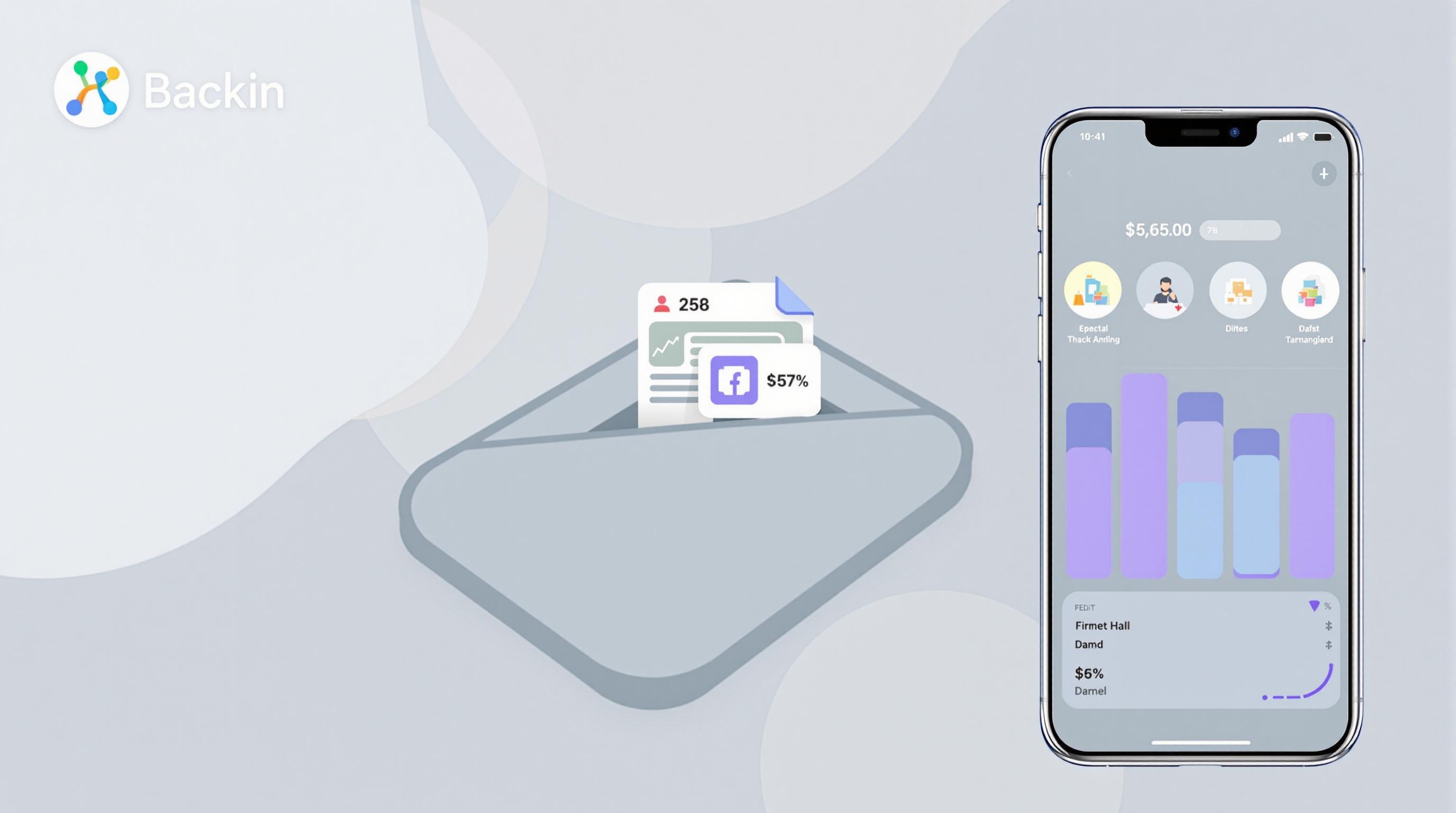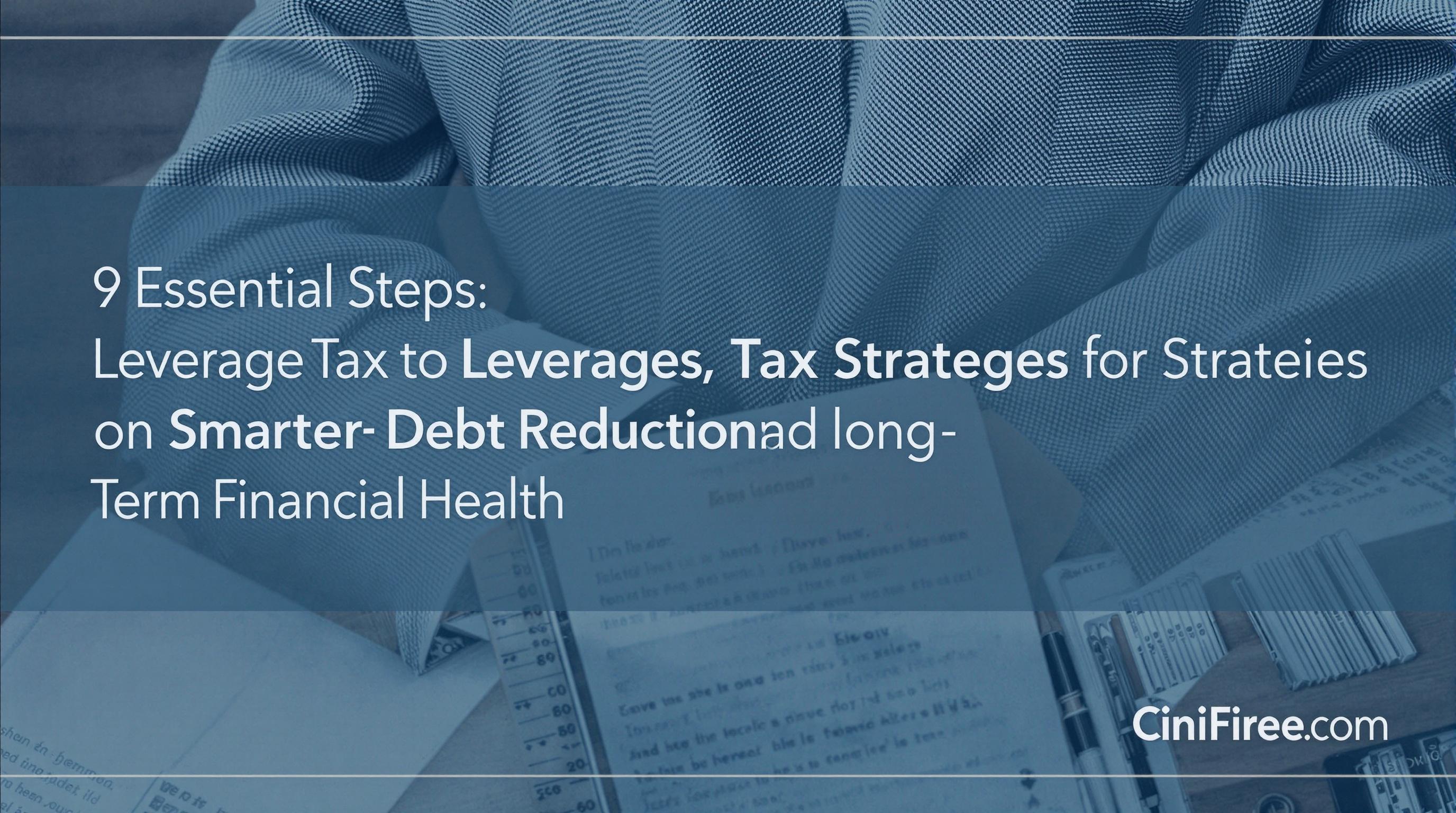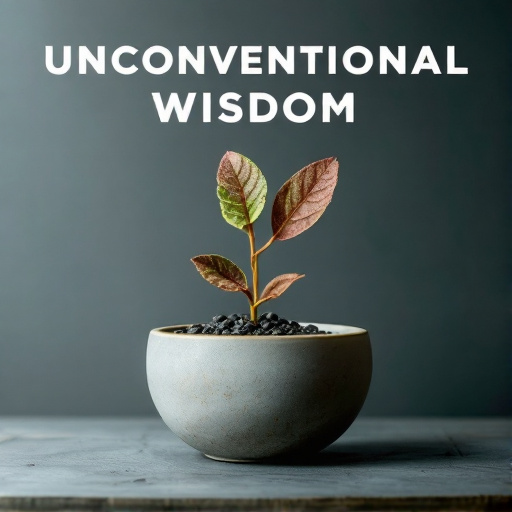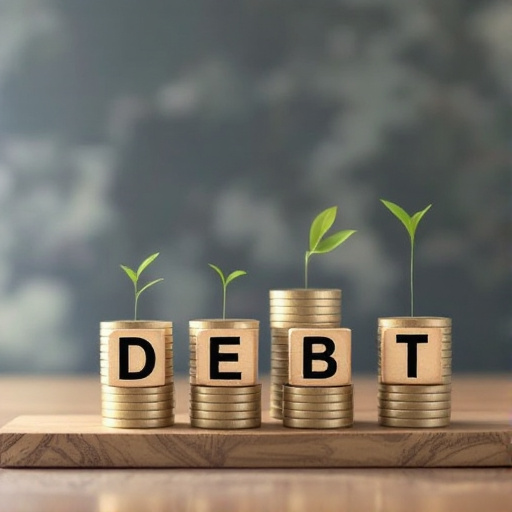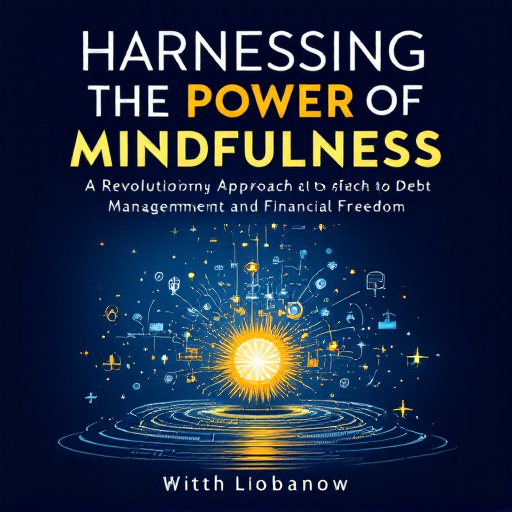Featured Articles
- 9 Essential Steps to Leverage Tax Strategies for Smarter Debt Reduction and Long-Term Financial Health
- Beyond Budgeting: The Surprising Role of Minimalism in Effective Debt Management
- "Debt Management in the Age of AI: Can Algorithms Help You Break Free from Financial Chains?"
- Harnessing the Power of Mindfulness: A Revolutionary Approach to Debt Management and Financial Freedom
- The Psychology of Debt: How Emotional Spending Fuels Financial Mismanagement
Unconventional Wisdom: How Minimalism Can Reduce Your Debt and Transform Your Financial Mindset
Unconventional Wisdom: How Minimalism Can Reduce Your Debt and Transform Your Financial Mindset
Minimalism isn’t just about decluttering your living space; it can also profoundly impact your financial mindset and help you reduce debt. In this article, we will explore how embracing minimalism can lead to a healthier relationship with money and ultimately transform your financial life.
The Minimalist Philosophy: Less is More
At its core, minimalism is about intentionality. It encourages individuals to focus on what truly adds value to their lives. According to a study by the Journal of Consumer Research, “people experience greater happiness when choices are limited,” showing that less can indeed be more. By adopting a minimalist mindset, you can strip away the distractions of materialism and focus on financial priorities.
Breaking the Cycle of Consumerism
Our society is entrenched in consumer culture, where the desire for more can lead to a never-ending cycle of debt. The average American household carries a credit card debt of approximately $6,200 (Experian, 2022)—a clear indicator of how consumerism can quickly spiral out of control. Minimalism invites you to confront the reasons behind your spending habits and encourages critical examination of your desires.
Case Study: Sarah's Journey
Meet Sarah, a 28-year-old marketing executive living in a bustling city. Burdened by nearly $40,000 in student loan and credit card debt, she felt like she was constantly chasing her tail. When she discovered minimalism, her life took a 180-degree turn. Sarah began by selling off items she no longer needed, generated some quick cash, and started using that money to pay down her debt. Within two years, she tackled half of her debt simply by adopting a minimalist lifestyle. Sarah’s story demonstrates that simple choices can lead to substantial financial changes.
A Shift in Mindset
Embracing minimalism requires a significant mindset shift. Once you start defining your life by needs rather than wants, your perspective on money will change. Instead of equating personal worth with material possessions, you begin to value experiences and relationships. A 2021 report by the American Psychological Association found that people who prioritize experiences over material goods reported higher life satisfaction. Thus, adopting minimalism can lead not only to reduced debt but also to greater overall happiness.
Practical Steps to Minimalism and Debt Reduction
How can you apply minimalism in your life to tackle debt effectively? Here are some practical steps:
1. Declutter Your Financial Life
Start by evaluating your monthly expenses. Are there subscriptions you no longer use? A recent survey showed that the average American wastes $1,200 a year on unused subscriptions (Clever, 2021). Cancel those you don’t need, and put that money towards your debts.
2. Implement a Spending Ban
Consider a spending ban for a predetermined period, say 30 days, where you only purchase essential items. This not only helps you save money but also trains your brain to resist impulsive shopping. After 30 days, you may find that many of these non-essentials weren’t necessary at all.
3. Focus on Quality Over Quantity
Rather than buying multiple cheap items, invest in one high-quality product that will last longer. For example, a quality pair of shoes might cost more upfront but will save you money in the long run. As the saying goes, “buy once, cry once.”
Humor in the Journey
The journey into minimalism doesn’t have to be all serious. Think of yourself as the hero in a money-saving comic strip. Picture yourself saying goodbye to those stack of credit card offers with a dramatic wave and a sarcastic, “Sorry, but I’m dating minimalism now.” It’s about shifting your narrative to make this transformation enjoyable and lighthearted.
Finding Community and Support
In a world laden with “keeping up with the Joneses,” finding a community of like-minded minimalists can be immensely beneficial. Online platforms and local meetups can help you share experiences, advice, and inspiration. This invaluable support network often provides motivation to continue your journey while keeping you accountable to your goals.
The Impact of Minimalism on Mental Health
Financial stress is a significant contributor to anxiety and depression. A study published in the Journal of Affective Disorders revealed that financial insecurity was one of the top three stressors affecting mental well-being. Minimalism removes the clutter—both physical and mental—allowing space for peace of mind. With less to worry about financially, you’ll find your mental health benefits immensely from this practice.
Why It’s More Than a Trend
While minimalism may appear trendy, it has deep-rooted philosophical origins. The movement draws inspiration from various cultures, philosophers, and even ancient practices. For example, Thoreau’s “simplify, simplify” mantra in "Walden" serves as a timeless reminder of the power of simplicity. In financial terms, this means consolidating accounts, eliminating unnecessary expenses, and focusing solely on what matters.
4. Set Clear Financial Goals
Having clarity on your financial targets is key to maintaining a minimalist lifestyle. Whether it’s paying off debts, saving for a vacation, or building a rainy-day fund, write down your goals and measure your progress regularly. A 2017 study in the Journal of Financial Planning found that people who set specific financial goals are more likely to achieve them than those who do not. Minimalism can help isolate your goals, ensuring they stay front and center.
A Personal Reflection: The Writer’s Experience
As a 25-year-old writer, my journey toward minimalism began as a way to combat my mounting student debt of $25,000. Initially, I approached minimalism with skepticism, thinking I could never live with “less.” However, after a few months, I sold unused items and ultimately transformed my space and finances. Now, I frequently encourage friends to do the same, seeing firsthand how reducing physical clutter can translate into mental clarity and financial freedom.
Turning Minimalism into a Lifestyle
Ultimately, minimalism should not feel like a diet; it’s a lifestyle overhaul. Start small and set achievable goals. Perhaps you can declare one day a week as “no shopping day,” or limit your annual purchases to a certain number of items. By integrating minimalism into your everyday life, it becomes a habit rather than a chore—ultimately leading to an enriched financial and personal existence.
The Bottom Line: Balance is Key
While the benefits of minimalism are evident, balance is crucial. It’s essential not to let a minimalist mindset turn into a form of deprivation. Remember, it’s about being intentional with your choices, not denying yourself completely. As long as what you own adds value to your life, you are embracing a minimalist mindset.
Conclusion: Embark on the Minimalist Journey
The journey into minimalism and debt reduction may be unconventional, but the rewards are plentiful. By examining your relationship with money and embracing a simpler lifestyle, you can transform your financial perspective. As you navigate this path, remember that your journey is uniquely yours—so take it step by step. Start today, and you may find that less truly is more.
